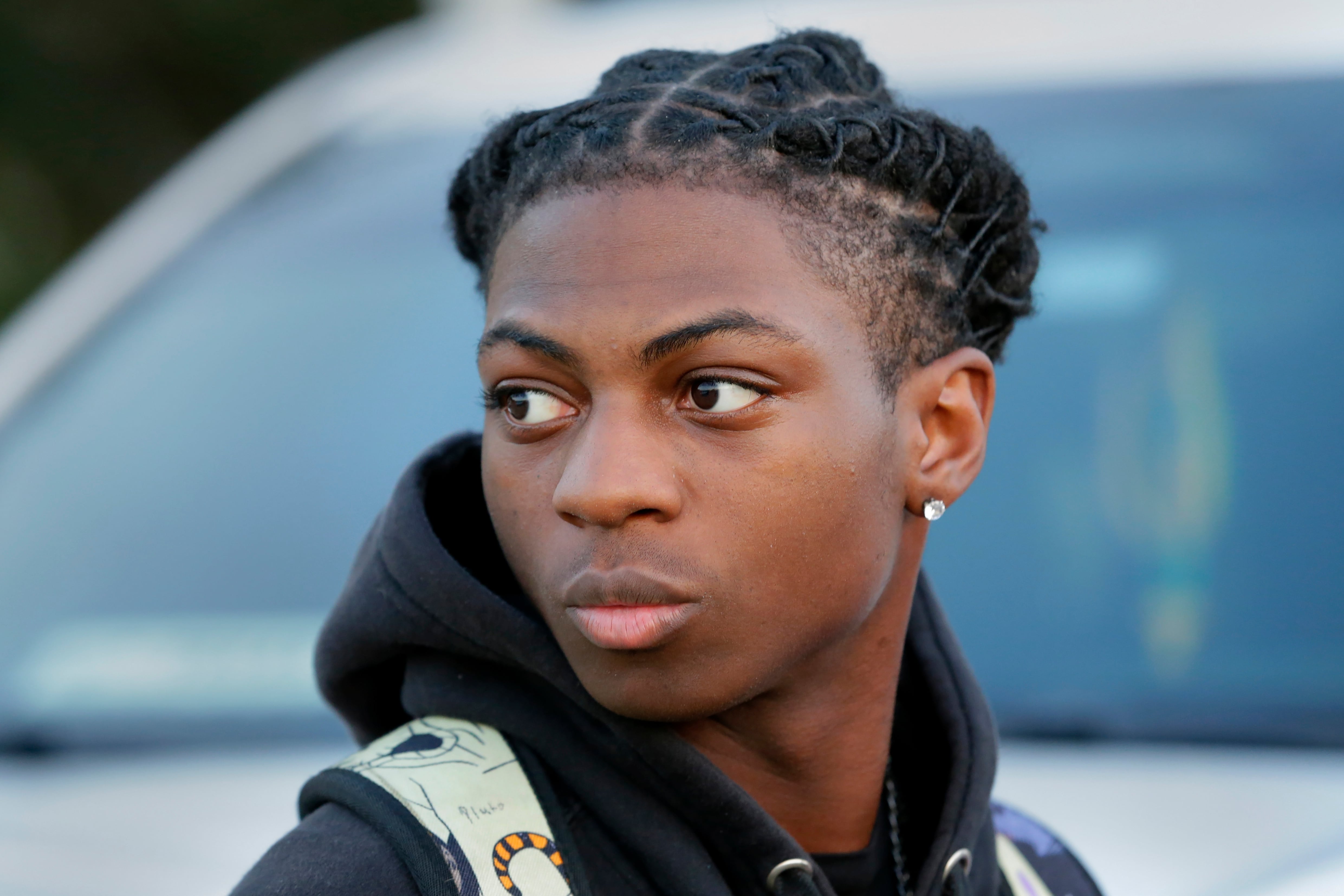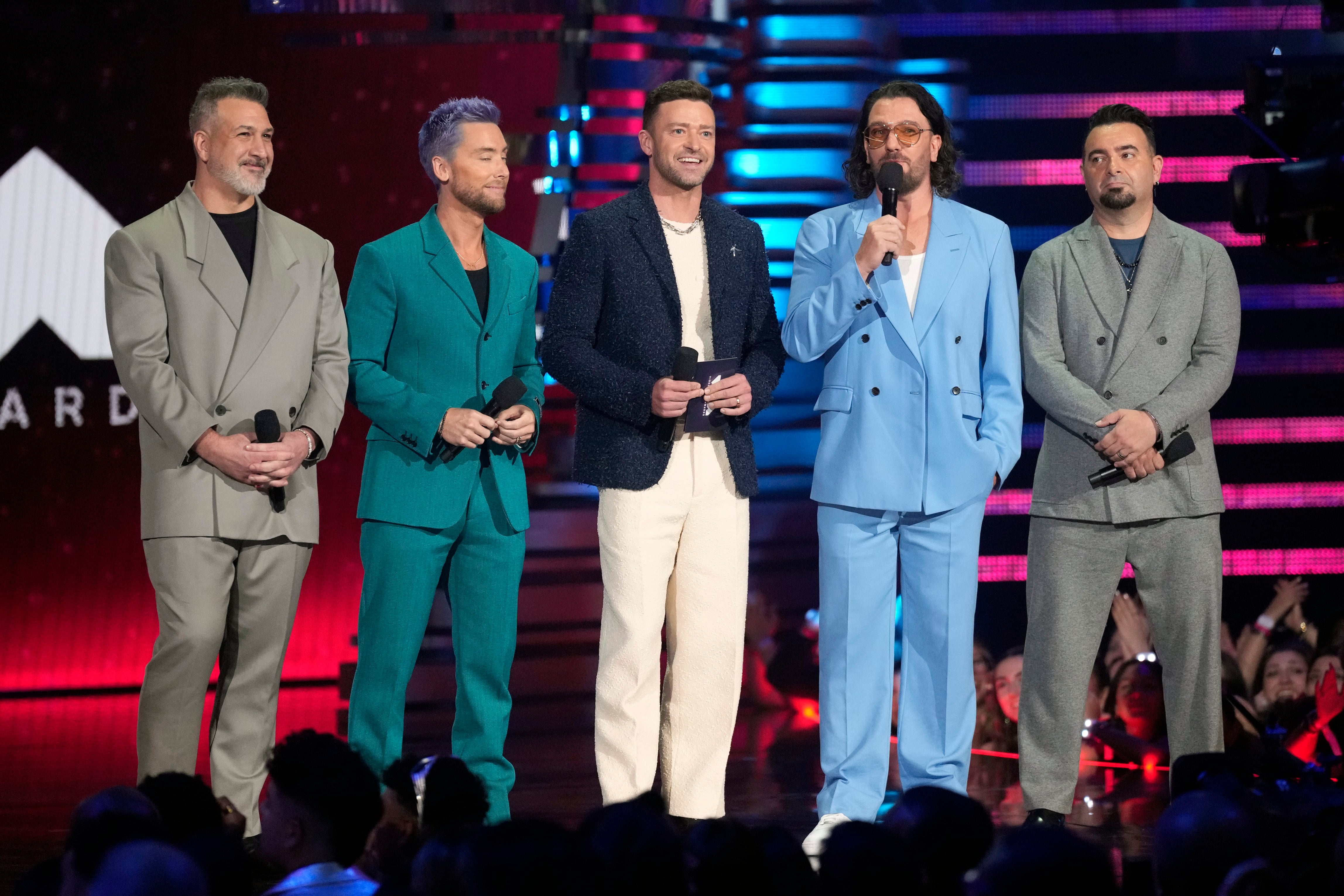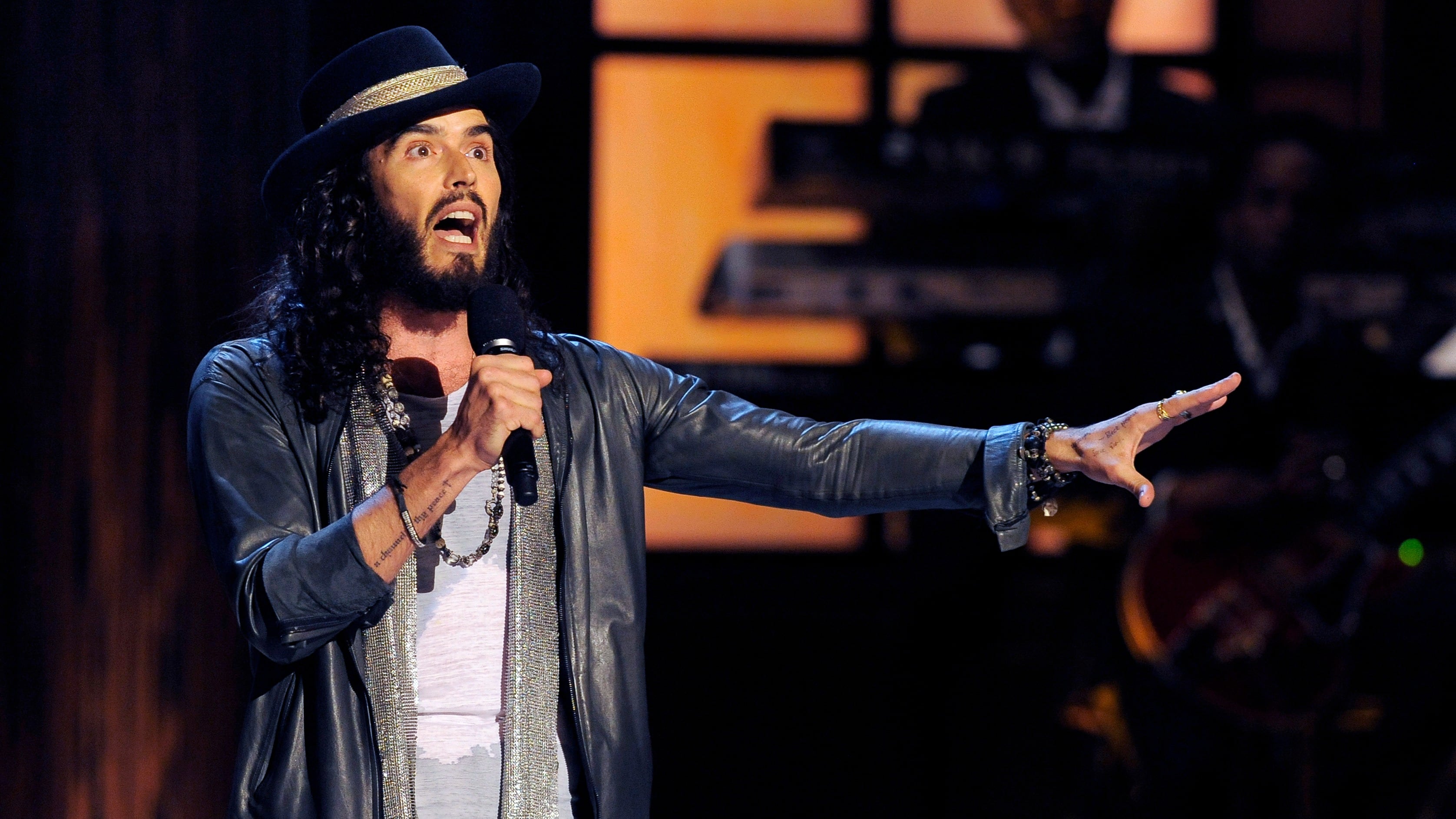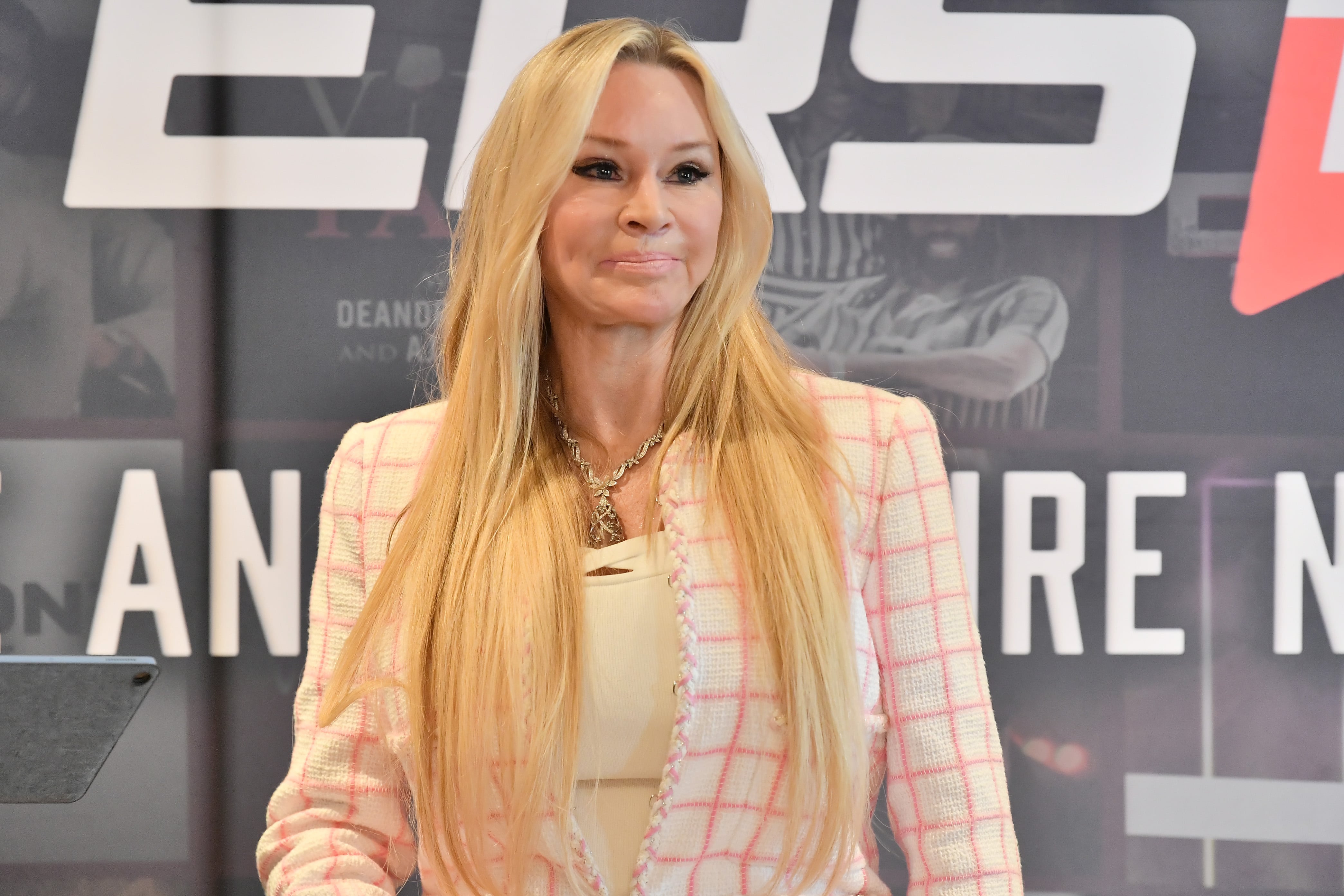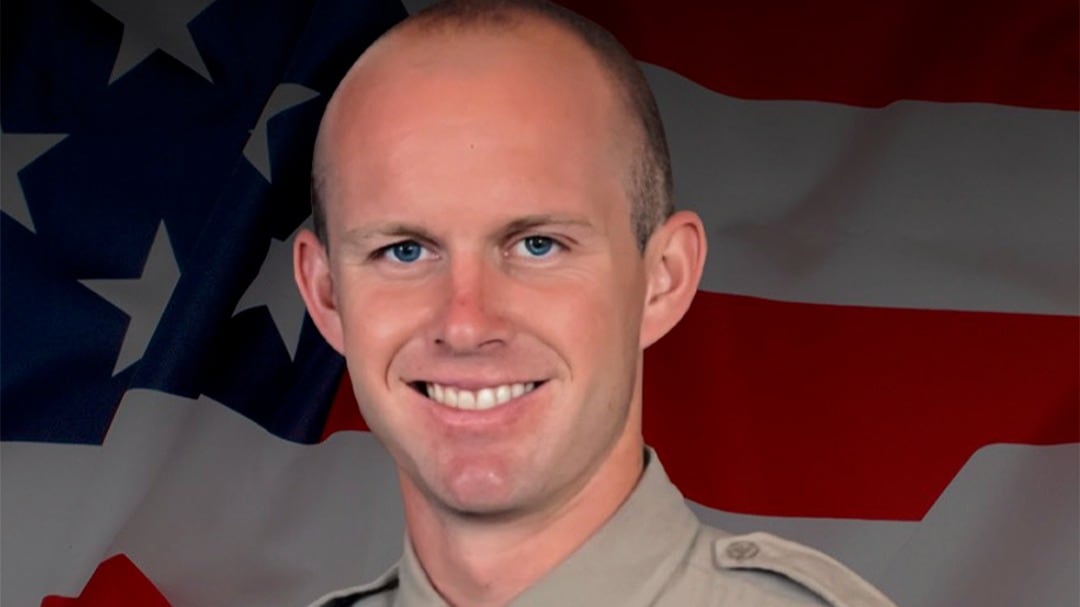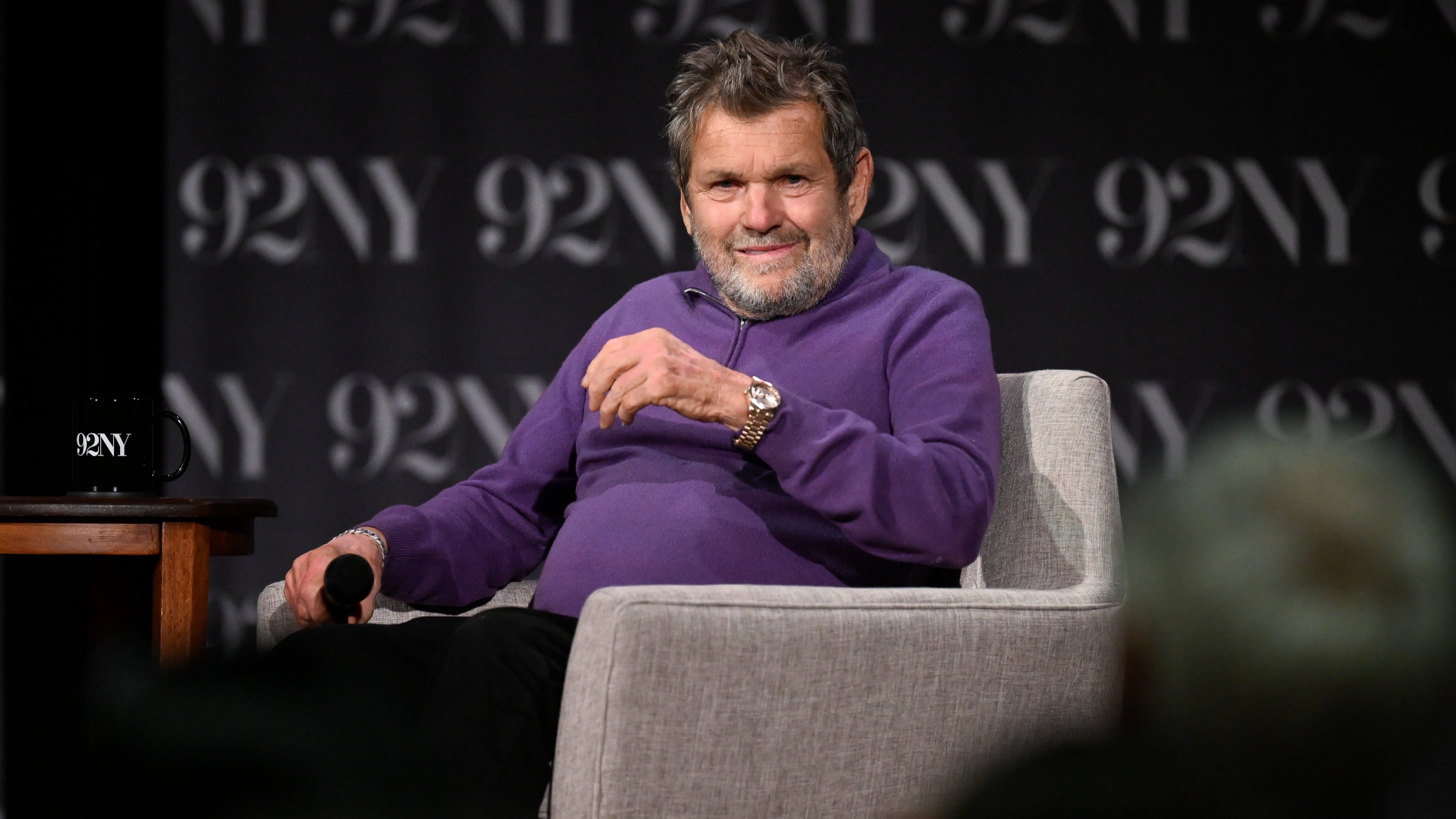Amid worsening air pollution, more-damaging wildfires, and longer allergy seasons, some medical institutions have decided to teach students about the impact of climate change on human health.
"All over the country, doctors are seeing the impacts of climate change," Dr. Mona Sarfaty, the director of the Medical Society's consortium on climate and health, told Cheddar. "All of these effects are causing people health issues."
"All of the physicians who are teaching medical students need to think about how the impacts of climate change fit into their speciality," she said, explaining that information needs to be passed onto students, who must then educate their patients.
For instance, Sarfaty says, parents and those who are pregnant may need to be told to take more precautions during a heatwave, while people with allergies might require medication prescriptions for longer stretches of the year.
"Everyone is at risk, but some people are at greater risk," she says, pointing to children, the elderly, pregnant people, and those with chronic illnesses, as well as marginalized communities. "[It's] poor people and some communities of color that are more exposed: they live at the fence-line, or they can't get out of harm's way when danger threatens."
While climate change is not yet a widespread focus in medical school curricula, some institutions are moving to more aggressively cover the topic.
Sarfaty said that her organization's surveys have shown widespread support from physicians to integrate climate change education into medical education. The Wall Street Journal pointed to new climate change-focused curricula at the University of Minnesota and the University of Illinois College of Medicine at Urbana-Champaign, while reporting 187 schools have joined a two-year coalition offered by Columbia University's public health school, which is meant to promote climate studies in health education.
In June, the American Medical Association voted to create a baseline presentation and lecture that physician educators can use to teach their students about the intersection of climate and health.
"Medical students coming along need to be aware of these conditions and realize they need to look for them. Their index of suspicion needs to be higher. They need to be prepared to warn their patients to look for the conditions," Sarfaty said. "We've also surveyed medical students, there's overwhelming support for this type of education."

